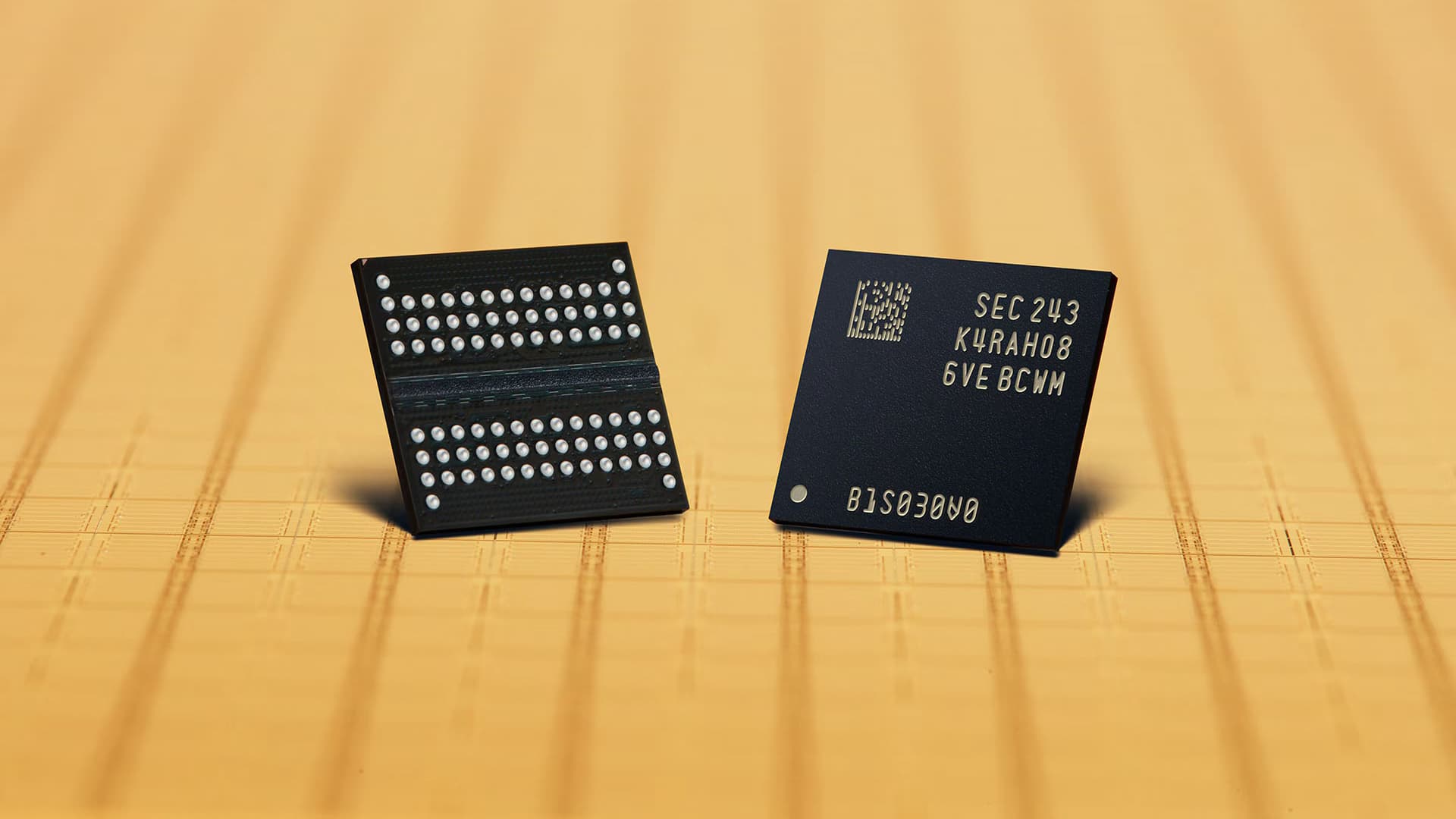OpenAI's Stargate Project Poised to Consume 40% of Global DRAM Output, Securing Key Supply Agreements

OpenAI's ambitious "Stargate" project, a massive AI infrastructure initiative, is projected to consume a significant portion of the world's Dynamic Random-Access Memory (DRAM) supply. Recent reports indicate that the project could require up to 900,000 DRAM wafers per month, an amount analysts estimate to be approximately 40% of global DRAM output by 2025. This substantial demand has prompted OpenAI CEO Sam Altman to secure critical supply agreements with major memory chip manufacturers.
Contrary to recent social media speculation, OpenAI has successfully inked preliminary agreements, or Letters of Intent, with South Korean giants Samsung Electronics and SK Hynix. These deals are set to ensure the necessary supply of DRAM wafers for the Stargate project, directly addressing the compute capacity requirements for advanced AI development. The partnerships also include plans for building new AI data centers in South Korea, further expanding global AI infrastructure.
The Stargate project, a joint venture involving OpenAI, Oracle, and SoftBank, aims to invest up to $500 billion in building extensive AI data centers across the United States and potentially other regions. This colossal undertaking is designed to provide the unprecedented computing power required to train and operate next-generation AI models. Funding for the project has been secured from key partners, with OpenAI and SoftBank reportedly committing $19 billion each, alongside contributions from Oracle and MGX.
The immense demand generated by Stargate is expected to significantly impact the global DRAM market. Industry analysts and news outlets suggest that this scale of consumption will tighten the supply of both mainstream DRAM and high-bandwidth memory (HBM), leading to anticipated price increases. Following the announcement of OpenAI's agreements, SK Hynix shares surged by nearly 10%, while Samsung's stock saw gains of 3-4%, reflecting market confidence in the burgeoning AI-driven semiconductor demand.
Sam Altman has been actively engaging with global leaders and semiconductor manufacturers to solidify the supply chain for Stargate. The agreements with Samsung and SK Hynix underscore the critical role these companies will play in enabling the project's ambitious goals. While the project's scale is unprecedented, these strategic partnerships are crucial steps in securing the foundational hardware for the future of artificial intelligence.